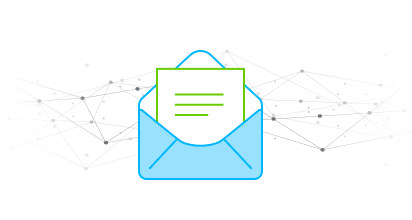
Over the past few years, question answering has developed rapidly.
Question Answering (QA) has come a long way over the last couple of years. QA is the task of answering questions (typically reading comprehension questions); QA models can retrieve the answer to a question from a given text, which helps search for an answer in a document. Some QA models can generate answers without context.
Where do QA models get their data?
A QA model may construct its answers by querying a structured database of knowledge or information, usually a knowledge base. More commonly, question answering systems can pull answers from an unstructured collection of natural language documents. QA is the process or task of building systems that respond to questions presented in natural language by people.
Some examples of natural language document collections used for question answering systems include:
- a local collection of reference texts,
- internal organization documents and web pages,
- internal enterprise systems,
- compiled newswire reports,
- a subset of website pages.
There are two main types of QA systems:
Open Domain
Closed Domain
Each of these types can be divided into open and closed book QA systems
Open-Domain QA
For open-domain QA, the models are not restricted to a specific domain. The texts are retrieved from sources such as books, the internet, Wikipedia, tables, graphs, knowledge bases, etc.
Closed-Domain QA
In closed-domain QA, the models are geared towards a specific domain, such as documents focused on the legal and healthcare sectors.
Open-book QA
Open-book QA is where the model can access external data sources to answer questions, including Wikipedia, internal/company documents, etc. It is similar to open-book exams, where students can access information in their books.
Closed-book QA
In closed-book QA, the model responds to questions without being explicitly given a context because it has learned some information encoded into its parameters during training.
What enterprise use cases will benefit from QA?
Since QA models are often used to automate the response to frequently asked questions by using a knowledge base (documents) as context, they are helpful for:
- Finding information within employee knowledge-based systems. Advanced search and QA capabilities can help streamline search within these systems to provide ease of use for employees.
- Smart virtual assistants-virtual assistants are typically cloud-based programs that require internet-connected devices and/or applications to work. Three such applications are Siri on Apple devices, Cortana on Microsoft Devices, and Google Assistant on Android devices. There are also devices dedicated to providing virtual assistance.
- Customer support-making available applications that answer frequently asked questions to provide top-notch customer experiences.
- FAQ bots directed towards enterprise employees to support their day-to-day questions in relation to the company and their careers.
Mantium can help.
Mantium’s end-to-end AI platform has advanced QA abilities to support teams within any knowledge based systems to gain the insight and answers they need quickly. Turn your knowledge based systems data into insightful, actionable information with endless powerful business-improving capabilities with Mantium.
To learn how to develop a QA pipeline using Haystack, read our blog.
Subscribe to the Mantium Blog
SubscribeMost recent posts

Enjoy what you're reading?
Subscribe to our blog to keep up on the latest news, releases, thought leadership, and more.



